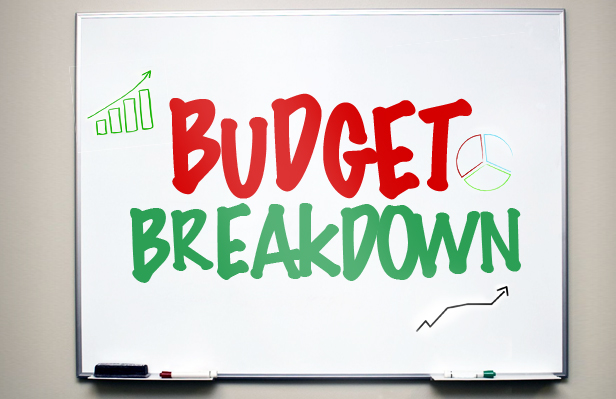Media

PA’s Poor Budget Report Card
Pennsylvania’s 2017 budget is finally complete, but Pennsylvania’s fiscal house is in disarray.
The Volcker Alliance, an organization which seeks to “improve the administration of government at all levels,” recently released its State Budget Report Cards for 2017. In 3 of 5 categories, Pennsylvania received a score of C or lower, which comes as little surprise given the messy budget process this year.
Here are three major takeaways from PA’s budget report card:
- Harrisburg’s tax-and-spend strategy isn’t working.
Pennsylvania received a C in Budget Forecasting, which is down from a B in 2015. The commonwealth missed the mark on consensus revenue projections as well as midyear budget adjustments. This might have something to do with the fact that 2016-17 budget was based on liquor modernization and a gambling expansion that never made legislation. This grade reinforces the fact that Harrisburg cannot continue to address overspending with new taxes. Including this year's fireworks and third-party sellers tax, we’ve raised taxes 5 times in the past 8 years and still face shaky finances.
- New borrowing takes budget maneuvers from bad to abysmal.
Dropping from a D to a D-, Pennsylvania’s abysmal Budget Maneuvers score was, according to the Volcker Alliance, the result of “funding recurring expenditures with debt.” Unable or unwilling to reduce spending, lawmakers filled most of the budget gap with $1.5 billion from the tobacco settlement fund. It is still unclear how this cash infusion will happen. The Commonwealth Financing Authority will choose to issue a bond backed by annual payments or securitize the revenue stream. Borrowing may be politically palatable in the short-term but it creates more difficult budgeting decisions in the future.
- Modest reforms show promise.
One positive sign from the report card was a slight increase (from D- to D) in the state’s Legacy Costs score, a category which relates to public employee pensions. A pension reform bill signed into law this summer, reduces the risk to taxpayers from growing unfunded pension costs. It creates a hybrid retirement system beginning in 2019 and is an important step toward flexible and affordable defined contribution or 401(k)-type plans for all state workers.
Pennsylvania’s underwhelming scores are the result of an irresponsible budget approach. Going forward, there are many opportunities to fix this mess. The historic pension reform law signed this summer provides an example of how lawmakers can work together to restore fiscal sanity. It is time to begin work on landmark reforms like education savings accounts, welfare reform, and liquor privatization that will restore fiscal responsibility and improve the lives of all Pennsylvanians.